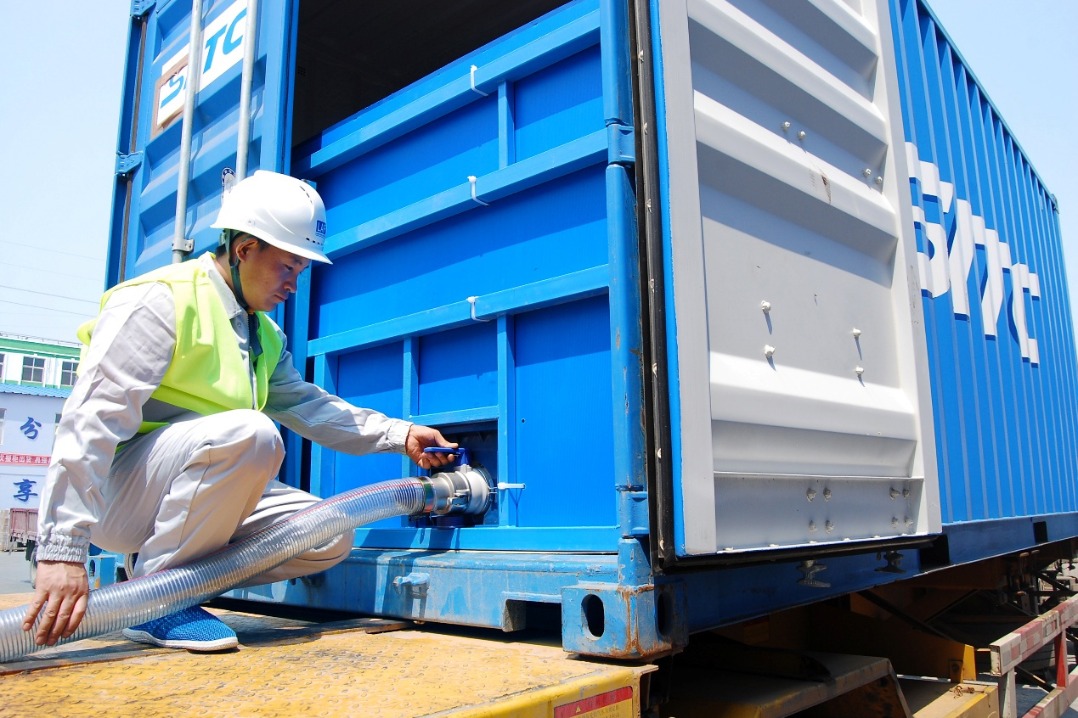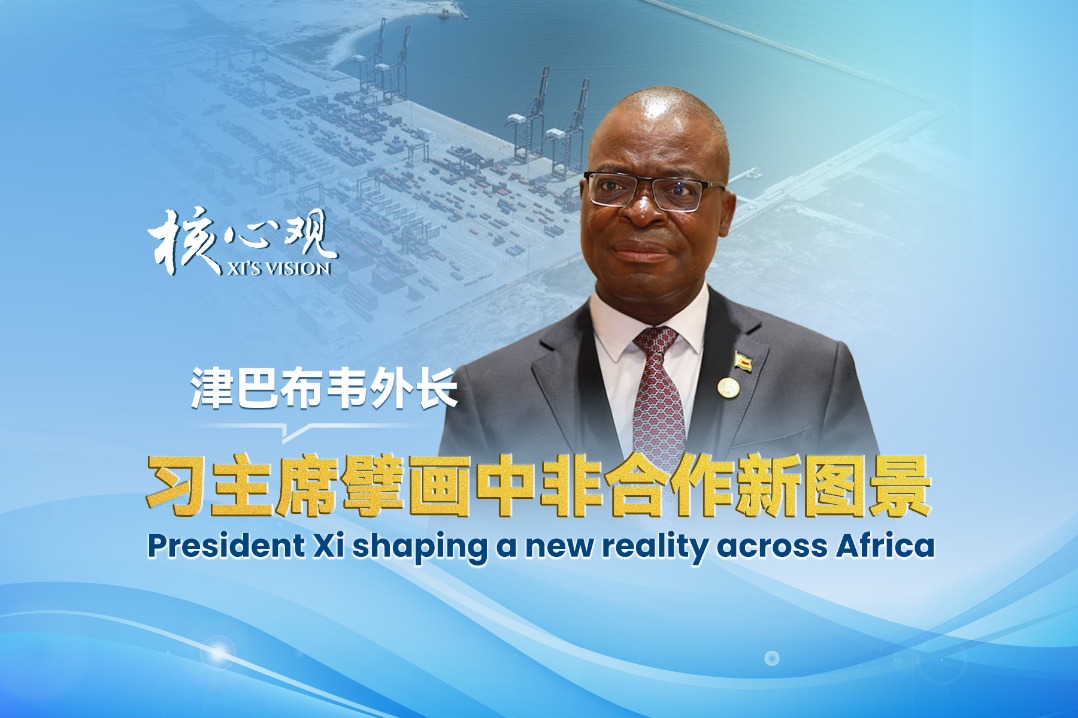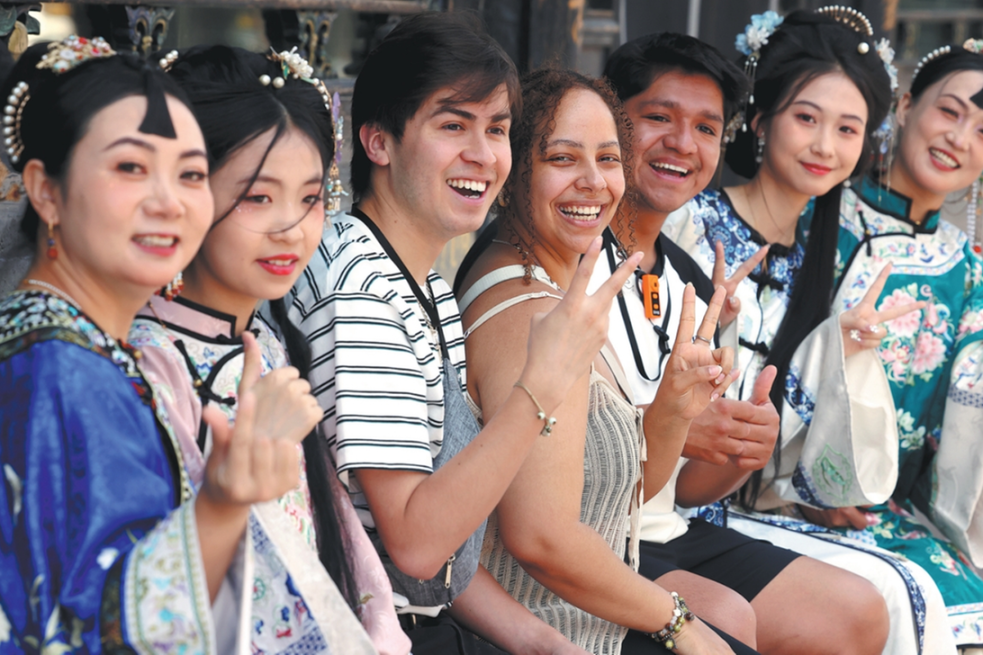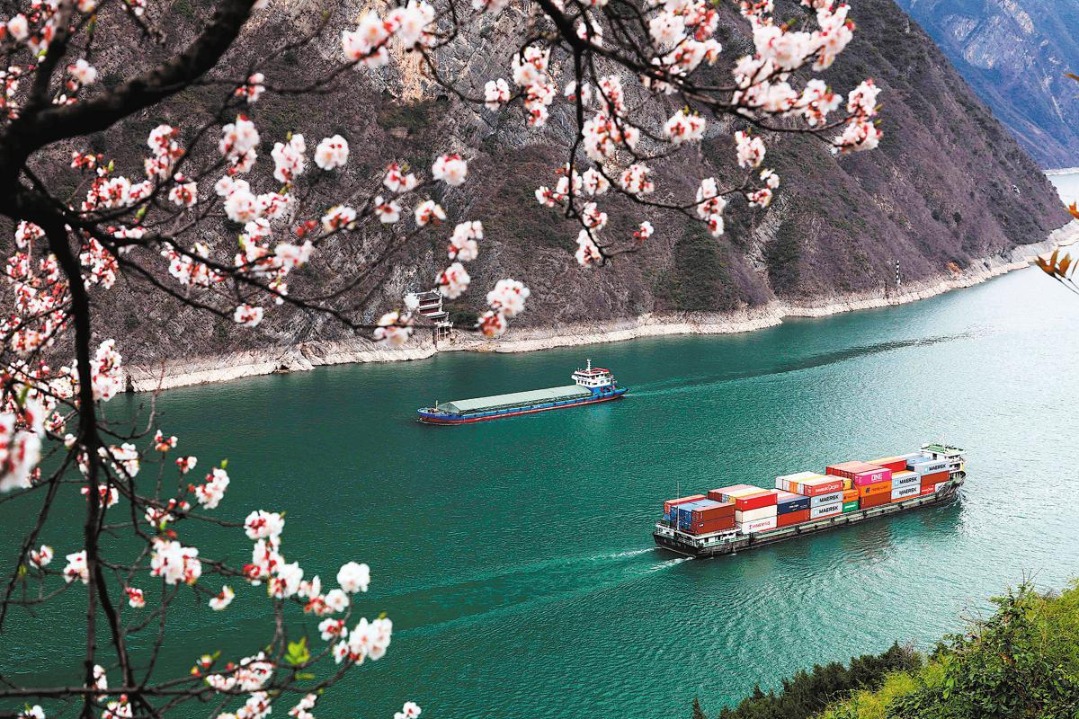Deep-rooted ties firm footing for DRC's modernization


Themed "Joining Hands to Advance Modernization and Build a High-Level China-Africa Community with a Shared Future", the 2024 Summit of the Forum on China-Africa Cooperation (FOCAC) has brought together African leaders, including Democratic Republic of Congo President Felix Tshisekedi, in Beijing.
Chinese President Xi Jinping on Thursday said the joint pursuit of modernization by China and Africa will set off a wave of modernization in the Global South and open a new chapter for building a community with a shared future for humanity.
The Democratic Republic of Congo's longstanding cooperation with China offers a glimpse of how these deep-rooted ties are promoting the modernization of the African continent.
Although it is officially accepted that China-Africa cooperation in modern times began in 1955 at the Bandung Conference in Indonesia, Sino-African relations are rooted in the centuries-old history of maritime contacts across the Indian Ocean.
China's contact with the African continent began about 600 years ago. That was the time when Zheng He, admiral of the imperial Chinese navy and considered the first great modern maritime explorer, led a fleet of over 240 seafaring ships carrying 27,400 soldiers and sailors. He crossed the Malacca Strait, traversed the Indian Ocean, and sailed as far south as the eastern coast of Africa and as far west as the shores of the Red Sea.
But in modern times, China's relations with Africa, particularly after many African countries gained independence in the 1960s, began with Africa's support for the New China. That the two sides' relationship has transformed into a deep friendship is proof of the mutually beneficial nature of their trade and economic ties.
As for the Democratic Republic of Congo's relations with China, history tells us that the first Chinese nationals to set foot on the now DRC's soil helped build the Matadi-Kinshasa railway in the 1890s. The second wave of Chinese nationals arrived after the DRC won independence from Belgium in 1960. The third wave of Chinese nationals landed in the DRC, then called Zaire, in 1972 after the normalization of diplomatic relations with China. The fourth wave began in 2008, when both countries signed agreements to develop basic infrastructure and increase mining in the African country.
Sino-Congolese economic and trade relations have been strengthening ever since thanks to the deepening cooperation between the two sides in various fields. Apart from mining and infrastructure, the Chinese presence can also be seen in other key sectors including power generation, healthcare and youth training.
Economic cooperation with China, including the launching of jointcapital companies or companies with Chinese capital, has helped the DRC re-emerge on the international circuit of trade, from which it found itself excluded for several decades. These companies, while remaining committed to the "winwin" principle, have boosted the development of local communities in the DRC by implementing the policies set out in the cooperation agreement.
The benefits of Sino-Congolese cooperation are evident especially in the areas such as infrastructure, industry, trade, economy and social welfare. Among the major projects completed last year are the Kinsuka substation, the Busanga hydroelectric power station, the Saphir Ceramics plant in Maluku and the Sakania dry port, which have greatly boosted the industrial development of the DRC.
Work on several major projects under the "resources for projects" cooperation framework commenced earlier this year, with the highway from Kinshasa to Lualaba via Greater Kasai, being especially important, because it is expected to improve connectivity between provinces. Trade between the two sides, too, has been growing, as the trade volume of $12.34 billion in the first six months of the year indicates, while the DR Congo has become one of the main destinations for Chinese investments in Africa. In other words, Sino-Congolese cooperation has been progressing well, and still holds a lot of promise.
The author is executive director of the Center for Strategic Studies and International Security in the Democratic Republic of Congo.
The views don't necessarily reflect those of China Daily.
If you have a specific expertise, or would like to share your thought about our stories, then send us your writings at opinion@chinadaily.com.cn, and comment@chinadaily.com.cn.

































